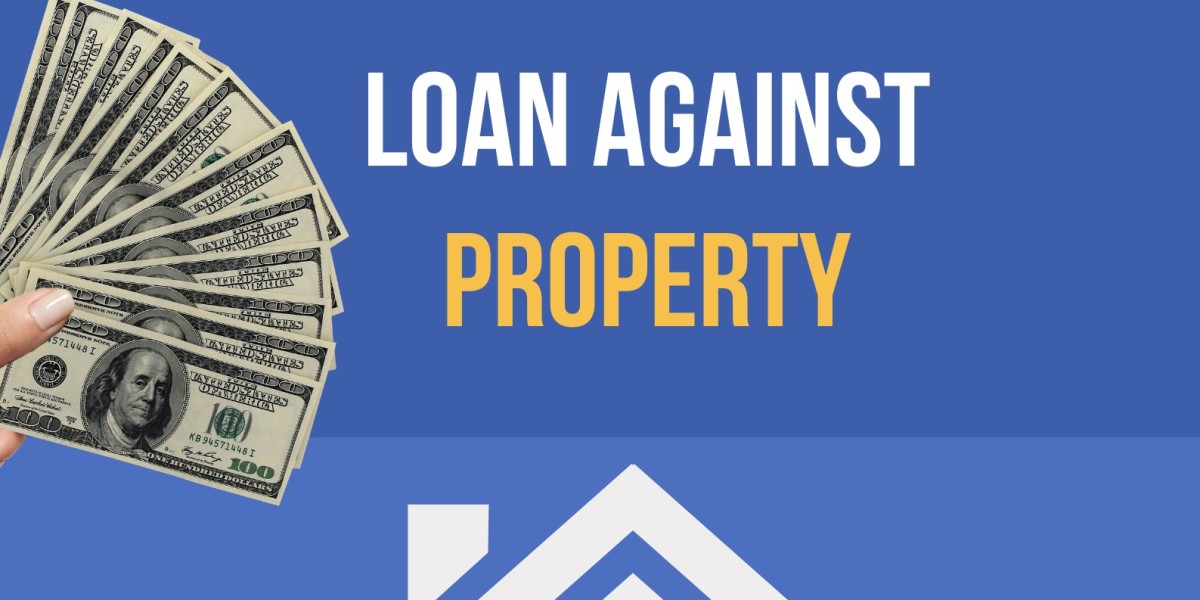Introduction :
Securing a loan can be challenging for individuals without traditional income proof. However, Loan Against Property Without Income Proof offers a lifeline for those who may not possess the standard documentation. In this blog post, we will explore the concept of Loan Against Property without income proof, its advantages, considerations, and the path it opens for individuals to unlock their financial potential.
Understanding Loan Against Property (LAP) :
A Loan Against Property is a secured loan where individuals leverage the value of their property to obtain funds from financial institutions. Traditionally, lenders require income proof to assess the borrower's repayment capacity. However, Loan Against Property Without Income Proof focuses more on the property's value as collateral, rather than solely relying on income documentation.
Advantages of Loan Against Property Without Income Proof :
Accessibility: This loan option opens doors for individuals who lack traditional income proof, such as self-employed individuals, small business owners, or freelancers. It provides an opportunity for them to access credit and financial assistance.
Flexible Documentation: Unlike conventional loans, Loan Against Property Without Income Proof considers various factors, including property value, credit history, and repayment capacity. This flexibility allows borrowers with unconventional income sources to apply for loans without the burden of stringent income proof requirements.
Higher Loan Amounts: Loan Against Property Without Income Proof typically offers access to larger loan amounts compared to unsecured loans. By using the property as collateral, lenders are more inclined to provide substantial sums based on its market value.
Considerations :
Interest Rates and Tenure: It is crucial to carefully evaluate the interest rates and loan tenure associated with Loan Against Property Without Income Proof. Since this loan carries higher risks for lenders, interest rates may be slightly higher compared to traditional loans. Consider the overall cost and assess your ability to repay the loan over the chosen tenure.
Property Valuation: Lenders conduct thorough property valuations to determine its market value, which directly affects the loan amount approved. Understanding the valuation process and ensuring accurate property documentation are vital for a fair assessment.
Default Risk: Remember, Loan Against Property is a secured loan, and failure to repay can result in the lender taking possession of the property. Evaluate your financial stability and repayment capability before opting for this loan to mitigate the risk of default.
Alternative Income Proof: While Loan Against Property Without Income Proof allows for flexibility in documentation, it may still require alternative income proof such as bank statements, business income records, or rental income. Prepare these documents to support your loan application.
Conclusion :
Loan Against Property Without Income Proof provides a viable solution for individuals who lack traditional income proof. It offers accessibility, flexible documentation, the potential for higher loan amounts, and the opportunity to unlock financial potential. However, it is essential to evaluate interest rates, loan tenure, property valuation, and default risks associated with this loan option. Comparing loan offers, seeking professional advice, and making an informed decision can pave the way for individuals to leverage their property's value and achieve their financial goals.








